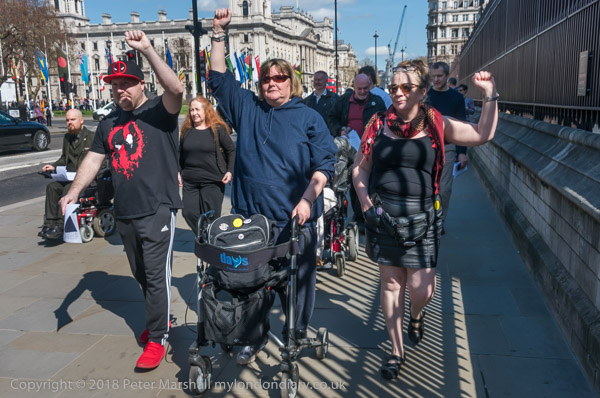
Although it was a good idea to try and simplify the benefits system, Universal Credit has proved to be a costly failure, which has created a great deal of hardship for many of the claimants who have been transferred on to it.
Those who have been putting the system into effect – particularly the truly evil IDS (Iain Duncan Smith) have simply failed to understand how most people on low incomes or on benefits actually live. They inhabit a world where people have bank accounts which are seldom empty at the end of the month, who never have to think whether they can afford to buy food or pay the electricity bill or rent. People who if they find themselves a bit short – perhaps because they have just bought some luxury item or had an expensive holiday – have relatives or friends who can lend them the odd thou or can get a bank overdraft which they can pay off after the next pay cheque or two, or when the next deal comes through. People who probably own several houses, and are profiting from the rental on some of them.
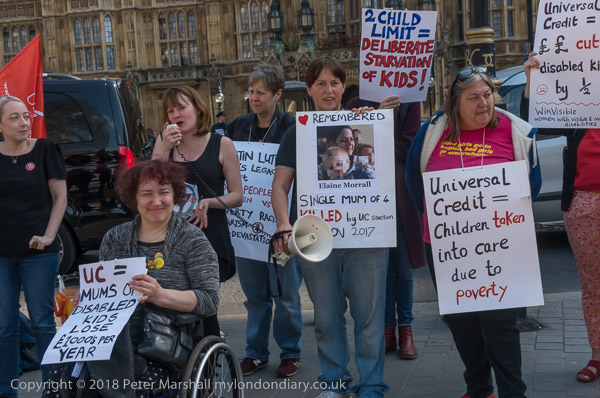
I’m fortunate now not to have to worry about money. Not particularly rich, but enough to meet my needs – and have the occasional small treat. I’ve lived on relatively little (by the standards of the wealthy) all my life, but grew up in poverty. My mother wrote down every penny she spent in a small red notebook, added it up at the end of every week. Usually there was enough to pay the baker, the butcher, the grocer (in those days they delivered and called for their money later) but sometimes she had to borrow a few pennies from a neighbour (or one of us children’s money boxes we saved the odd penny in) and pay them back with a little scrimping the next week.
People on low wages or relying on benefits don’t generally have the kind of back up that the middle classes take for granted. If they have to wait weeks without money (and most of those transferred to universal credit it is a minimum of 5 weeks, often much longer) they get behind with rent, often get threatened with eviction. They have to rely on food banks to eat.
Those most affected by the changes in the benefits system have been the disabled. Not just by changing to Universal Credit, but by other changes in benefits that have led to many losing the support that enabled them to live decent and productive lives. They have been targeted by deliberately poorly designed assessments of ability to work, administered to them by largely unqualified people who have targets to fail as many as possible. Its a system which has been clearly found to be unfit for purpose and where many are subjected to a repeated series of failed assessments followed – months later – by successful appeals.
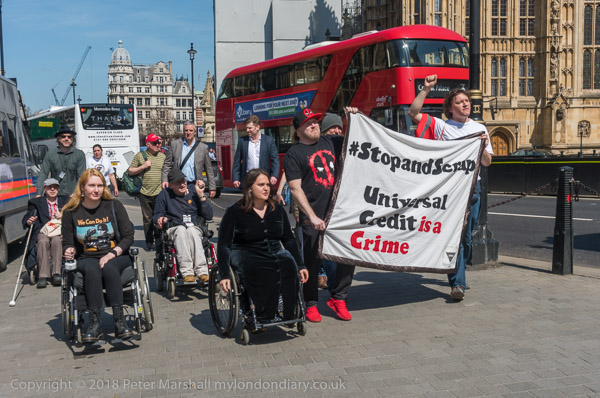
Its a system that has rightly been called Kafkaesque, and is probably beyond saving. The effects of all the cuts are even worse, a national scandal in which thousands have died. But the government still claim that despite the problems it is a success and in any case there is no simple way to stop it and go back to a system that, however complex, actually more or less worked.
Some of the problems of Universal Credit are down to the failure to get a working IT system that could not only deal with the many differing circumstances of those claiming benefits, but even more more importantly give the kind of instant communication of personal details between the DWP and the HM Customs & Revenue. It seems unlikely that this will ever be got to work, with truly huge sums being wasted on yet another failed IT project.
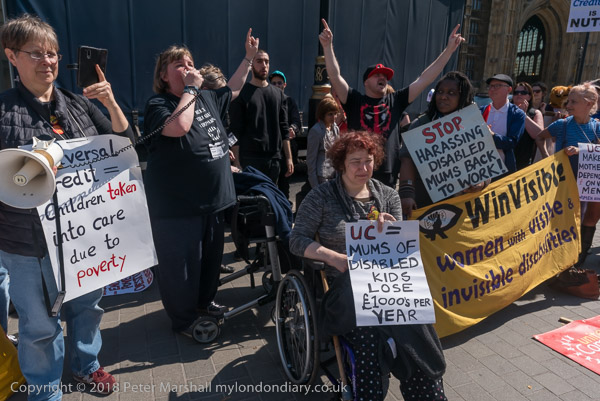
The Conservatives when elected as a part of the coalition in 2010 picked on the disabled because they thought they would be an easy target. But the activities of DPAC (Disabled People Against Cuts) have proved them wrong, producing some of the most determined of protesters, and a group the police find difficult to deal with, not wanting to invite public outrage.
I met with the group outside Parliament, where some were intending to go inside and hold a protest there. I didn’t go with them as I was fairly sure I would not be able to take pictures, but instead went with others who were holding a rally in front of Parliament.
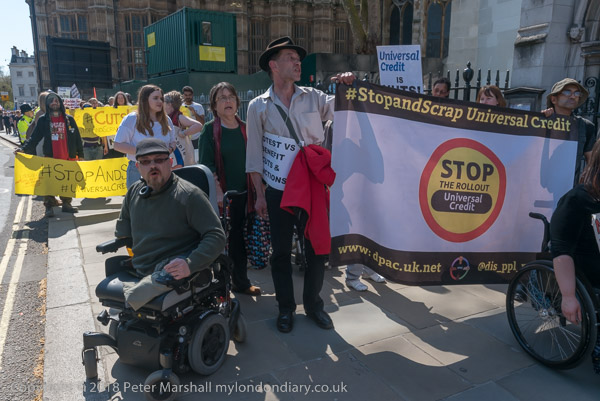
When the protesters came out after a noisy protest inside, the rally continued for a while and then Paula Peters told us more about what had gone on inside. She then asked those present if they were ready for some DPAC action, getting a resounding positive response.
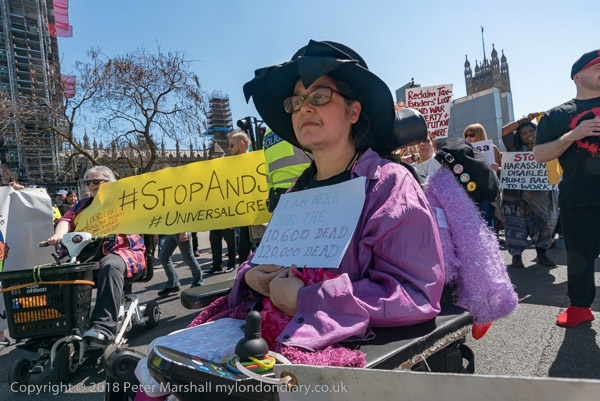
The group then moved off towards Parliament Square, where, as expected, they blocked the road, holding up all traffic wanting to go to Millbank or Victoria St. Police came to talk to them, telling them they were committing an offence and might be arrested, but most protesters ignored the warnings. A little over half an hour later, the protesters decided the road block had gone on for long enough, and made their way to the side of the road.
More on My London Diary: Stop & Scrap Universal Credit say DPAC
______________________________________________________
There are no adverts on this site and it receives no sponsorship, and I like to keep it that way. But it does take a considerable amount of my time and thought, and if you enjoy reading it, a small donation – perhaps the cost of a beer – would be appreciated.
My London Diary : London Photos : Hull : River Lea/Lee Valley : London’s Industrial Heritage
All photographs on this and my other sites, unless otherwise stated, are taken by and copyright of Peter Marshall, and are available for reproduction or can be bought as prints.
To order prints or reproduce images
________________________________________________________